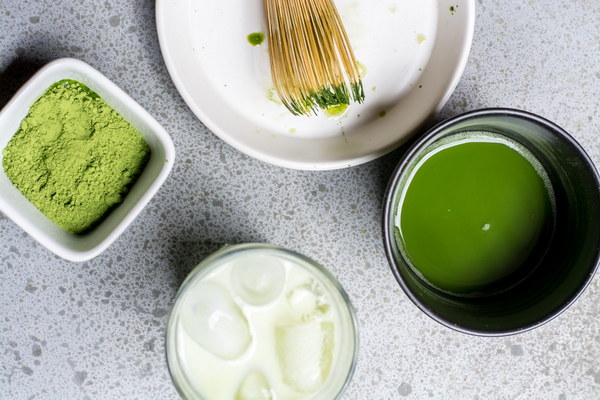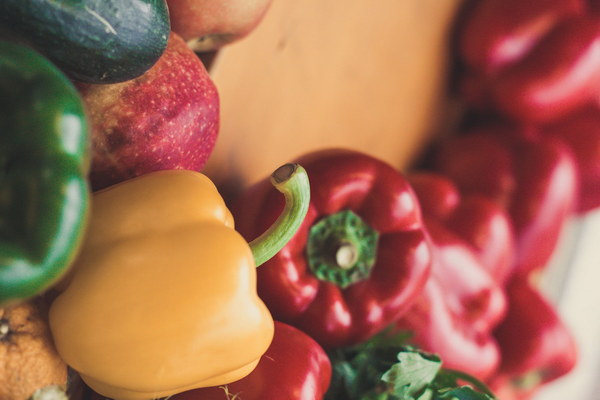Breathe Fresh Air How Food Therapy Can Combat Halitosis Naturally
Halitosis, commonly known as bad breath, is a common problem that can affect anyone. While it is often associated with poor oral hygiene, the truth is that it can also be a sign of underlying health issues. One effective way to combat halitosis is through food therapy. Incorporating certain foods into your diet can help reduce the severity of bad breath and promote overall oral health. In this article, we will explore the benefits of food therapy for improving halitosis.
1. Fresh Fruits and Vegetables
Fruits and vegetables are high in fiber, which helps clean the teeth and gums, reducing the risk of plaque buildup. Additionally, they stimulate saliva production, which helps to wash away bacteria and food particles that cause bad breath. Some fruits and vegetables that are particularly beneficial for halitosis include:
- Apples: Apples are a natural abrasive that can help clean the teeth and remove food particles. The chewing action also increases saliva flow.
- Carrots: Carrots have a crunchy texture that helps scrub the teeth, and their high water content helps to rinse away bacteria.

- Celery: Celery is another crunchy vegetable that can help clean the teeth, and its high water content helps to keep the mouth moist.
2. Green Tea
Green tea is rich in polyphenols, which have antibacterial properties that can help combat bad breath. These compounds can kill the bacteria that cause halitosis and reduce inflammation in the mouth. Drinking green tea regularly can help maintain fresh breath throughout the day.
3. Garlic and Onions
Garlic and onions have strong flavors that can leave a lingering odor in the mouth. However, they also contain allicin, a compound that has been shown to kill the bacteria that cause bad breath. Incorporating garlic and onions into your diet can help reduce the severity of halitosis. Just be mindful of the strong odor they can leave behind.
4. Mint and Peppermint Oil
Mint and peppermint oil have natural antibacterial properties that can help eliminate the bacteria responsible for bad breath. Peppermint oil can be added to toothpaste or mouthwash for a refreshing breath, while mint leaves can be chewed to stimulate saliva production and freshen the breath.
5. Yogurt
Yogurt is a probiotic food that can help maintain a healthy balance of bacteria in the mouth. The good bacteria in yogurt can compete with the bad bacteria that cause halitosis, reducing the risk of bad breath. Look for plain yogurt with live and active cultures for the best results.
6. Cheese and Dairy Products
Cheese and dairy products contain casein, a protein that can help neutralize acids in the mouth, reducing the risk of tooth decay and bad breath. Additionally, the act of chewing cheese stimulates saliva production, which helps to wash away bacteria and food particles.
7. Water
Drinking plenty of water throughout the day is essential for maintaining good oral health. Water helps to wash away bacteria and food particles that can cause bad breath. It also stimulates saliva production, which helps to keep the mouth moist and prevent dry mouth, a common cause of halitosis.
In conclusion, food therapy can be an effective way to combat halitosis naturally. By incorporating the right foods into your diet, you can reduce the severity of bad breath and promote overall oral health. Remember to maintain good oral hygiene practices, such as brushing and flossing regularly, to ensure the best results. With the right combination of diet and oral care, you can achieve fresh, confident breath and enjoy the many benefits of a healthy mouth.









